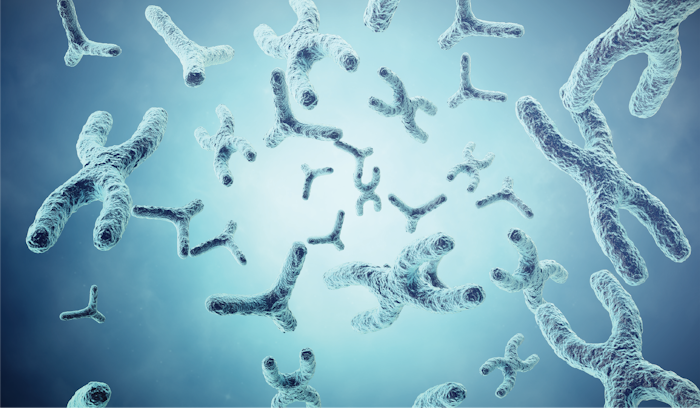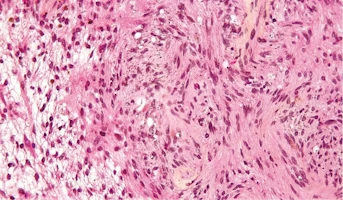Elucidating the Somatic Epigenetic Landscape of Pediatric Meningioma and Schwannoma
Email Principal Investigator

Sameer Agnihotri
CBTN Specimen
CBTN Participants
CBTN Samples
Backer
Institutional Funds
About this
Project
Meningioma is the most common primary brain tumor in adults and some patients experience local recurrence. Both Meningiomas and Schwannomas are rare in the pediatric population with Schwannomas having the ability to arise from any nerve in the body. Typically, pediatric meningiomas and schwannomas are thought to be likely associated with genetic disorders such as neurofibromatosis type 2 (NF-2), Gorlin syndrome, or Rubenstein-Taybi syndrome. The molecular classification is poorly understudied in both pediatric meningiomas and pediatric schwannomas and there is an urgent need to better understand the biology of these tumors in order to find effective therapies. This research will map for the first time, the epigenome, the chemical compounds that can tell the genome what to do, of pediatric Meningiomas and Schwannomas. The comprehensive analysis of pediatric meningiomas and schwannomas may identify novel targets for therapies or predict which patients may be susceptible to local recurrence. This project can only be completed with the use of rare pediatric meningioma and schwannoma samples provided by the Children’s Brain Tumor Network.
Ask The
Scientists
What are the goals of this project?
The goal of this project is to elucidate the differences between adult and pediatric forms of meningioma and schwannoma that may lead to more effective treatment strategies.
What is the impact of this project?
This project will map the epigenome of pediatric brain tumors to provide key characteristics of these tumors. The characterization will then be used to develop new therapies for pediatric patients and help understand key prognostics.
Why is the CBTN request important to this project?
Researchers need access to high quality pediatric specimens to complete this work, making the Children’s Brain Tumor Networks provisions of such samples integral.
Specimen Data
The Children's Brain Tumor Network contributed to this project by providing DNA samples.
Meet The
Team
Other collaborators:
Dr. Kenneth D. Aldape
Dr. Gelareh Zadeh

Pittsburgh, PA, USA

Pittsburgh, PA, USA

Washington, DC, USA

Washington, DC, USA
Institutions

Primary
UPMC Children's Hospital of Pittsburgh
Joined onThe Neuro-Oncology Program at UPMC Children’s Hospital is at the center of finding new and improved treatments for pediatric brain and nervous system cancers. As one of the leading sites in the United States for childhood neurologic cancer research and clinical studies, UPMC Children’s brain tumor p

Primary
Children’s National Hospital
Joined onEach year, the Brain Tumor Institute at Children’s National evaluates more than 100 new patients with brain tumors, and is recognized as a world leader in childhood brain tumor care and research. Children’s National has pioneered novel pediatric brain tumor therapies, including new molecularly-targe
related
Histologies

Meningioma
A meningioma is a primary central nervous system (CNS) tumor. This means it begins in the brain or spinal cord. Overall, meningiomas are the most common type of primary brain tumor. However, higher grade meningiomas are very rare.

Schwannoma
Schwannoma is a rare type of tumor that forms in the nervous system. Schwannoma grows from cells called Schwann cells. Schwann cells protect and support the nerve cells of the nervous system. Schwannoma tumors are often benign, which means they are not cancer. But, in rare cases, they can become can